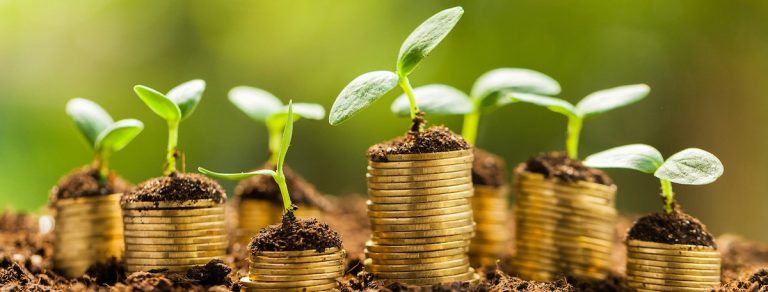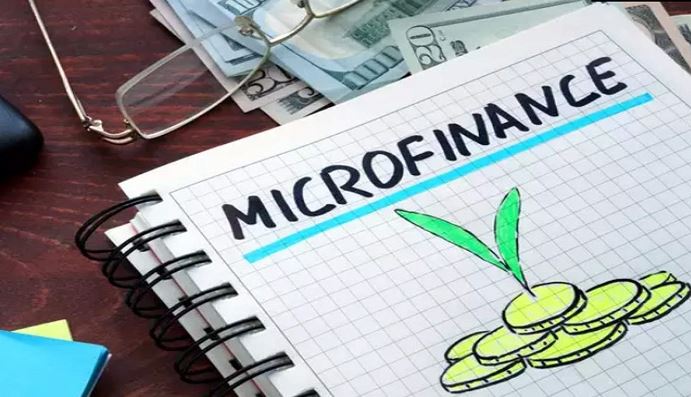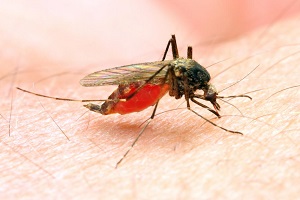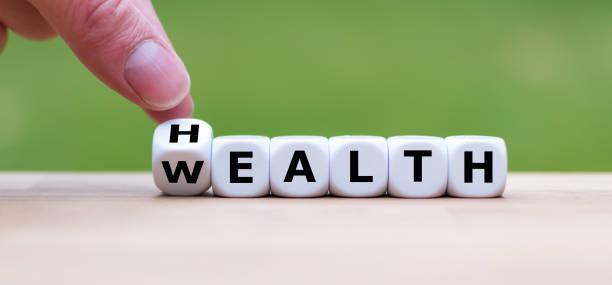
YOUR LIFE OR YOUR MONEY?
By Dr. Omadeli Boyo
You must have come across the phrase: “Your life or your money?” as a child watching films or in high school plays. When confronted by men of the underworld you are asked to choose either your life or lose your hard earned money. Most people choose life since money is replaceable.
Today, this phrase is real in our everyday life experiences. Now and again we are faced with choosing between living or dying prematurely. Yes, death is inevitable but premature or untimely death is very painful and leaves behind sorrow and tears among the bereaved.
Every day, we make choices. These choices become decisions. Someone once said “Tomorrow is not a mystery, it is the outcome of the choices we are making today.” The ability to make informed choices is dependent on the knowledge available to us and our capacity to utilize such knowledge. Wisdom they say is the ability to use acquired knowledge or skills to achieve set objectives. When we choose life, we assume that we want to live! Great. But how do we intend to live the life? It is possible to be alive but unconscious or perpetually sick with recurring or debilitating illness. Nobody prays to be alive and unconscious. No wonder we wish birthday celebrants long life and prosperity. We all desire to live healthy and prosperous lives. Yes! healthy and with money).
Health is not just the absence of diseases and infirmities. Health is described by the World Health Organization as “a state of complete physical, mental, and social well-being.” Some have gone further to state that “health is a resource for everyday life, not just the objective of living; that it is a positive concept, emphasizing social and personal resources, as well as physical capacities.”
Healthy living must be seen as a choice, a resource, a concept that we must desire and adopt.
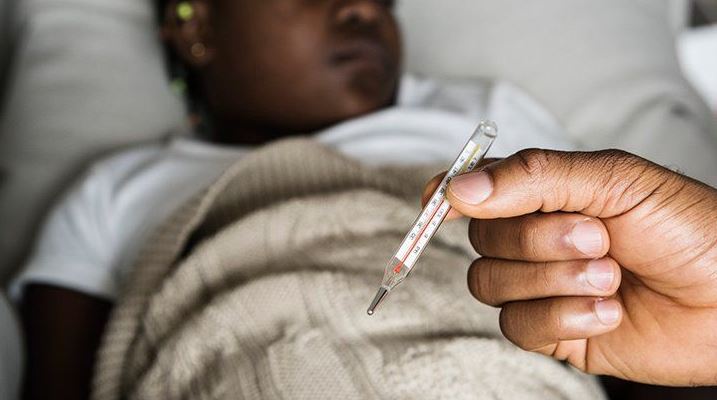

Disease is just one of a set of triplets. The other two are ignorance and poverty. These three are often described as a vicious cycle. To live healthy lives we must not only be informed thereby breaking the yoke of ignorance, we must also seek to live above poverty.
Research has shown that “ignorance can stifle learning, especially if the ignorant person believes that he or she is not ignorant. A person who falsely believes he or she is knowledgeable will not seek out clarification of his or her beliefs, but rather rely on his or her ignorant position. He or she may also reject valid but contrary information, neither realizing its importance nor understanding it”. We must resist ignorance in all its ramifications. We must continually evolve by acquiring knowledge and skills. Our choices in life must therefore always be founded on accurate and evidence-based information. This is called “Informed choice”. Knowledge is ‘key’ in arriving at healthy choices.
Having discussed the need for knowledge in seeking to live healthy lives, we must utilize the acquired knowledge to resolve our various challenges like poverty and disease.
The World Bank defines poverty as “hunger, lack of shelter and being sick, not being able to go to school, not knowing how to read, not having a job and fear for the future among others”. Absolute poverty on the other hand, refers to an existence below a reference standard of living. Poverty has often been analyzed from five dimensions of deprivation among which are economic deprivation drawn from the lack of access to property, income, assets, factors of production and finance. From all the indications, the most serious form of poverty is poverty of ideas!
We cannot make informed decisions regarding our health and empowerment in ignorance emanating from poverty of ideas. Ideas are born from rational thinking, reading and discussing and networking with people who have the relevant knowledge and skills. Lack of access to property, income, assets, factors of production and finance will be defeated with ideas, skill acquisition and networking.
The main objective of micro finance banks is to improve lives through relationship-based banking for individual entrepreneurs and small businesses.
Relationship-based banking provides a basket of ideas that improves individual knowledge and skills that help them participate in financial inclusion.
When ignorance is defeated through knowledge which is enhanced by relationship-based banking and risks are reduced through counseling, stress is reduced, financial inclusion becomes a reality, lives are improved and the capacity to prevent or afford the treatment of diseases becomes enhanced.
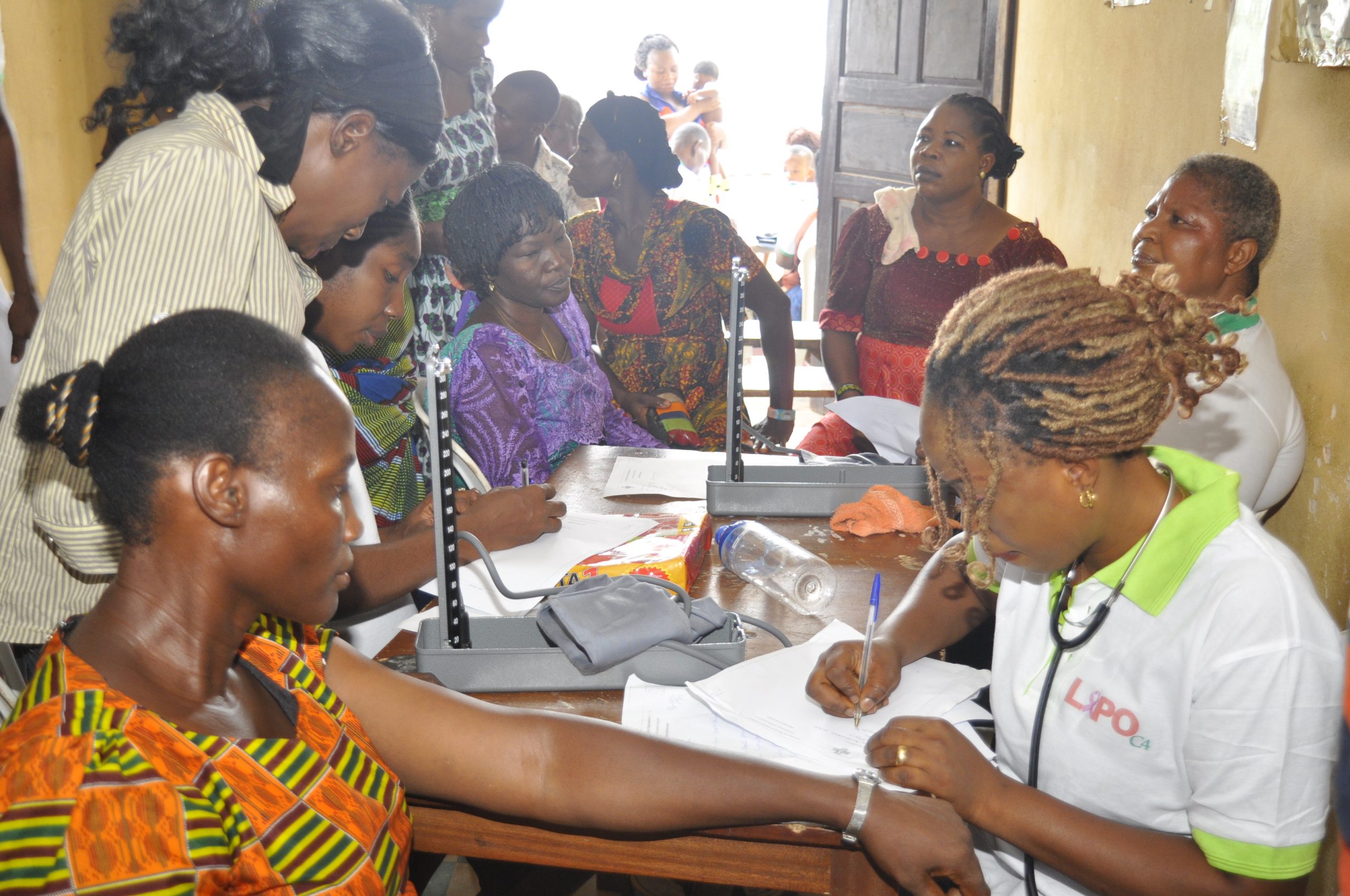
The trio of ignorance, poverty and disease can be dealt mortal blows through the availability of affordable credit, relationship banking and networking!
Seize the moment! Get involved in a dependable and mutually beneficial relationship-based banking.
Dr. Omadeli A. Boyo is the Medical Director of Pinecrest Specialist Hospital, Lagos state.
You can add your comments below:

